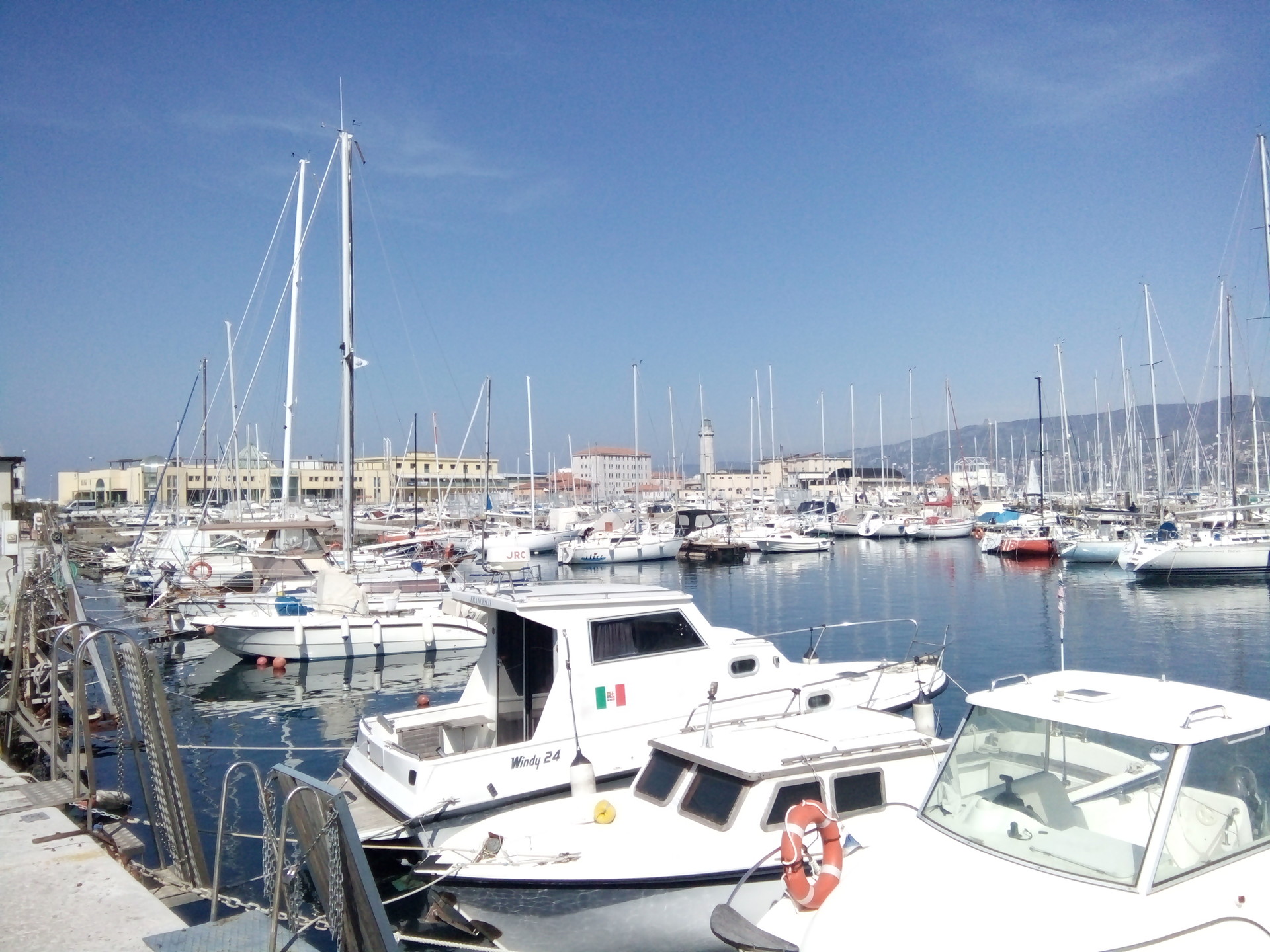Free university education in Europe and everywhere else: pros and cons
It almost a commonplace adage among people in almost all parts of the world that education is a universal right. Education, most would argue, as a right that could demanded from the state is a universal commodity that should be made accessible to all. In most countries, it is not uncommon to find some countries which implement a state policy of free education in all levels. Whether or not this policy will bring about dividends in the long-term for the well-being of the state has been a subject matter of debate among policy-makers, law-makers, economists and statesmen.
In Europe, Germany, Finland, Norway, Denmark, to mention a few members of the European Union has long abandoned the charging of tuition fees to university students. This policy has enabled practically all students from the secondary level to pursue higher education free of charge. Some states are even more generous in terms of promoting universal tertiary education by granting universities with huge endowments which universities can use to attract students not only from within but also from without. Having said that, most universities in the European Union have come to attract bright and brilliant students from all parts of the world to pursue graduate studies in major European universities through some attractive scholarship packages. This makes education in the higher level in the European continent a right which is accessible to all who is interested to widen his intellectual and professional horizons. Verily, education becomes a medium through which people from other countries free themselves from the bondage of ignorance. They can be likened to a bird who is willing to search for a long flight to build their destiny. Once they have found it, they find freedom, complete freedom which is entirely different from the former situation they were in.

Free university education I would say, offers great advantages to the state in the long-term. On one hand, education serves as the primary means through which the state can enhance its human capital. By making university education free and accessible to all, it, in effect, invests to one of the most significant resources of the nation: human capital. It could be argued that human capital has the potential to develop the capacity and capability of the state to improve its economic condition. The labor market needed educated manpower who has the knowledge and skills to man and supervise the different firms, companies and manufacturing industries. The technical know-how of skilled workers and educated managers serve as the engine of economic development. Hence, in the long-term investment in education can bring about untold benefits for the state as well as to the individuals on the personal level. They say that by making education free at the tertiary level, the market is given more leeway to amplify its human resource pool. If the labor force is highly educated, they can fairly easily supply the market with fresh perspectives and enriched experiences. Hence, universities can become a rich wellspring of qualified and skilled workers. They are like a fountain of human capital which can provide both the government and the market the needed manpower when required by the demands of times and circumstances.

Furthermore, it can also be commented that free university education brings about a socialized approach to distributing the wealth of the nations. In capitalistic countries like the United States of America, the capitalistic system really rewards the market and its people for being too enterprising and innovative in bringing about money in the circulation. But the problem is people in the lower level of the society who are deprived of even the basic means to access the social welfare of the state remains marginalized and uncared for. By bringing education in the grassroots level, the poor now has the chance to improve their lot, break the vicious cycle of poverty and eventually free themselves from the grasp of the very miserable vortex of rat race they found themselves in. Education is definitely a very important vehicle of carrying citizens from the poor sector to a higher plane. In most countries like the United States where education is primarily a private undertaking, education is so prohibitive that not everybody gets the chance to study in universities of their choice. Moreover, some students who really struggled to arm themselves with good education ended up in great debt after graduation to the extent that even after they have left the portals of their Alma Mater and have now entered the world of work are still paying the debts they have incurred. It is not unusual to see Americans being in debt after a university education and this leaves them less empowered in terms of improving their supposed condition.
I would say that the situation in Europe is a lot different. University education in some European countries is free and it is, after all, a right which can be demanded from the state as a matter of right. In some countries such as Germany, Finland, Norway, Denmark, education is rarely a private venture. The states give huge subsidies to universities and research institutes to sustain their operations. Students are highly encouraged to aim higher by pursuing graduate and post-graduate education in their universities. Others are given the opportunity to study abroad to enable the circulation of the brain to be continuous and consistently maintained. This policy being implemented by most European states is being questioned by some to be unsustainable in the long-run. The critics argue that it would drain the state’s coffers in the long-term and that this socialist-inclined policy will not be sustainable in the long-run.
In my own opinion, free university education can be a good investment in the long-term. If the state provides free university education to all its people, it would greatly democratize education. Education can be more popularized. Some decades ago, education appears to be an elitist privilege that only those who can afford can actually go for a college education. Rich and affluent families in the society are the only few privileged ones to send their children to school. This empowers them to assume important political, social and economic positions in the community. If the state prioritizes the granting of free university education, it would mean giving the poor the chance to climb the higher echelon of the society. It will be a game changer in a number of ways since it would enable the poor and bright students to avail what could have been available only to the rich. More than that, it would make education a right common to all. The poor sector of the society could have the chance to empower themselves and share in the task of nation-building.
Looking at the exemplar of Singapore, a tiny Asian nation which is deprived of natural resources but with good leadership, excellent governance and of course high human capital, they were able to transform themselves from a Third Country to a First Country state, the best example ever that could be cited in Asian continent. Singapore can be regarded as a tale of a great nation which is worthy of admiration by its neighboring countries in Asia. The Singaporeans must have been aware at the early stage of their nationhood that a nation like them where there is a paucity of nature’s endowment, the same can be compensated with the alacrity of investing in human capital, a model that has long been recognized in most countries in the West.
The national hero of the Philippines, Dr. Jose P. Rizal once quoted that “the youth of the hope of the motherland. ” If the state will provide the catalysts for these youth to be effective and efficient members of the society, they can indeed be the youth of the hope of the country. If they are armed by practical skills and equipped with knowledge and values that can only be possible through education, they would be the most potent tool in the country’s march to progress. The youth surely takes the torch from the elders in building the state and in bridging the gap between the haves and the have-nots. With an educated youth comes a good human capital investment who will sooner or later take the cudgels of responsibility of bringing about positive changes that will bring the greatest benefits for the greatest number of people possible. Education is truly the torch that provides enlightenment and that gives the citizens an accessible medium of an enlightened and informed citizenry.

Undoubtedly education can be the key to success, as one cliche goes. I know it would sound like a platitude but if given the chance to improve themselves, a great number of people are indeed desirous of taking the challenge ahead. Free university education will bring dividends in the long-term and that dividends can bring about residual benefits also and can be felt in succeeding generations to come.
The state, like a ship, is ready to sail towards progress with free university education. By providing the people the capacity to fish for themselves, they would no longer be an entirely dependent populace from the government. With a free university education, the people become more empowered and capacitated to be partners of the government towards positive change.

Photo gallery
Content available in other languages
Want to have your own Erasmus blog?
If you are experiencing living abroad, you're an avid traveller or want to promote the city where you live... create your own blog and share your adventures!
I want to create my Erasmus blog! →







Comments (1 comments)
Free education is great! Europe has a lot of great universities that you can apply to. My teacher once told me to buy term paper at https://paperell.com/buy-term-paper as a part of my studying. And it really helped me.